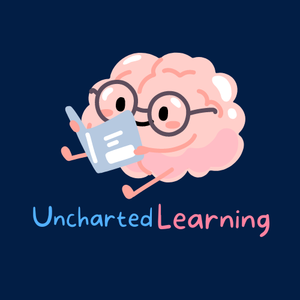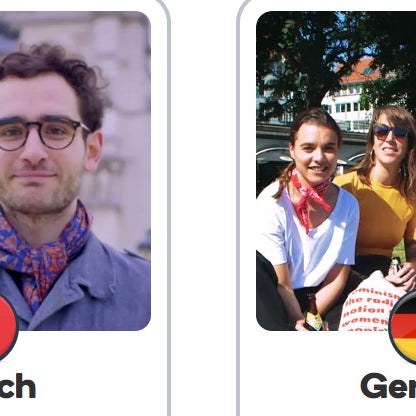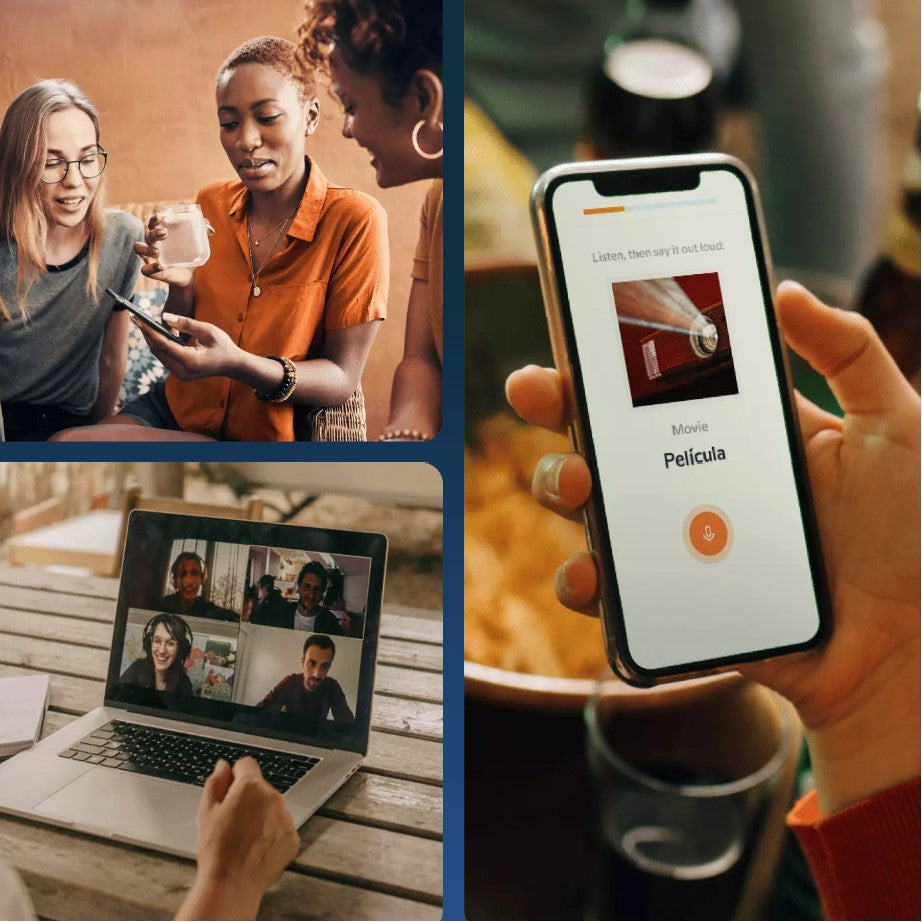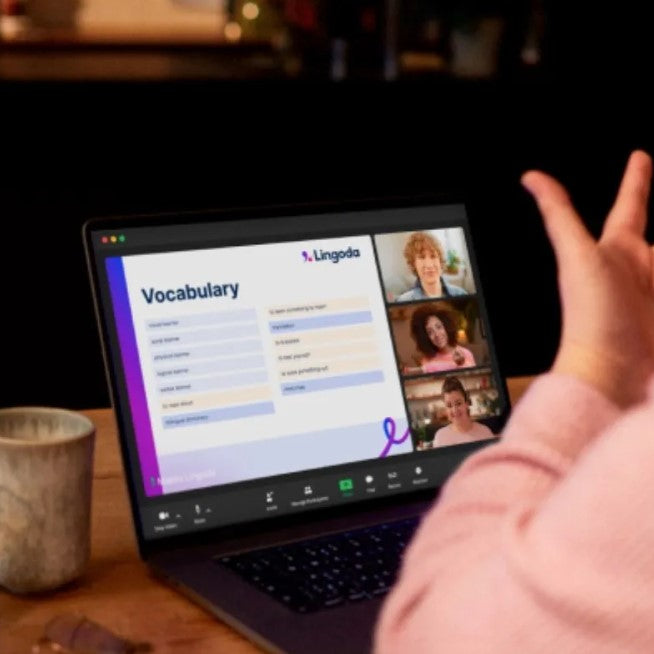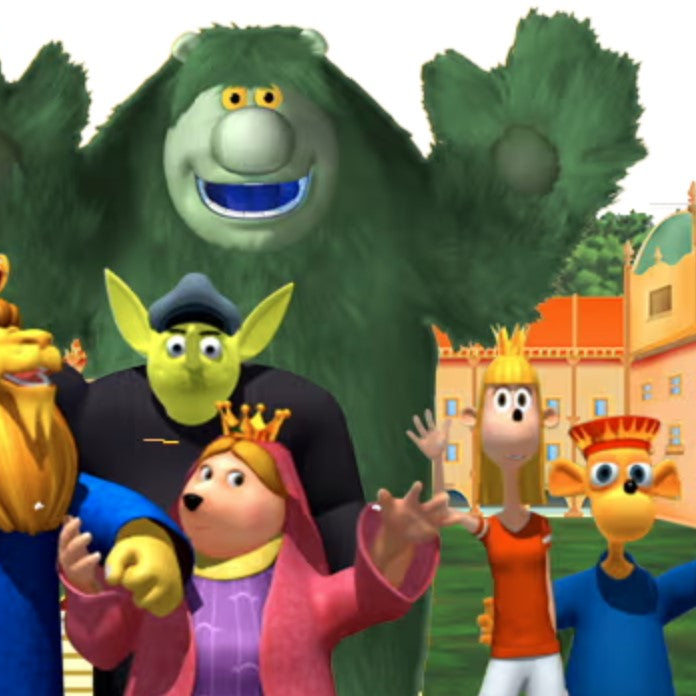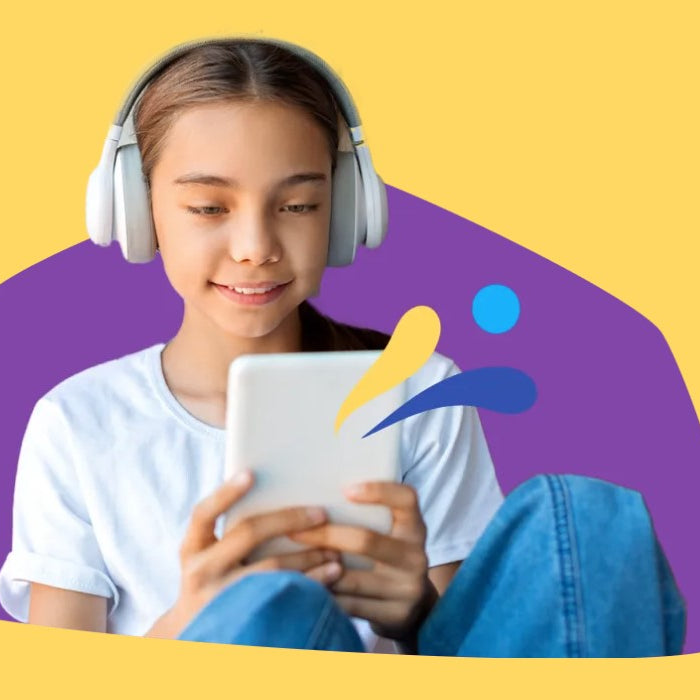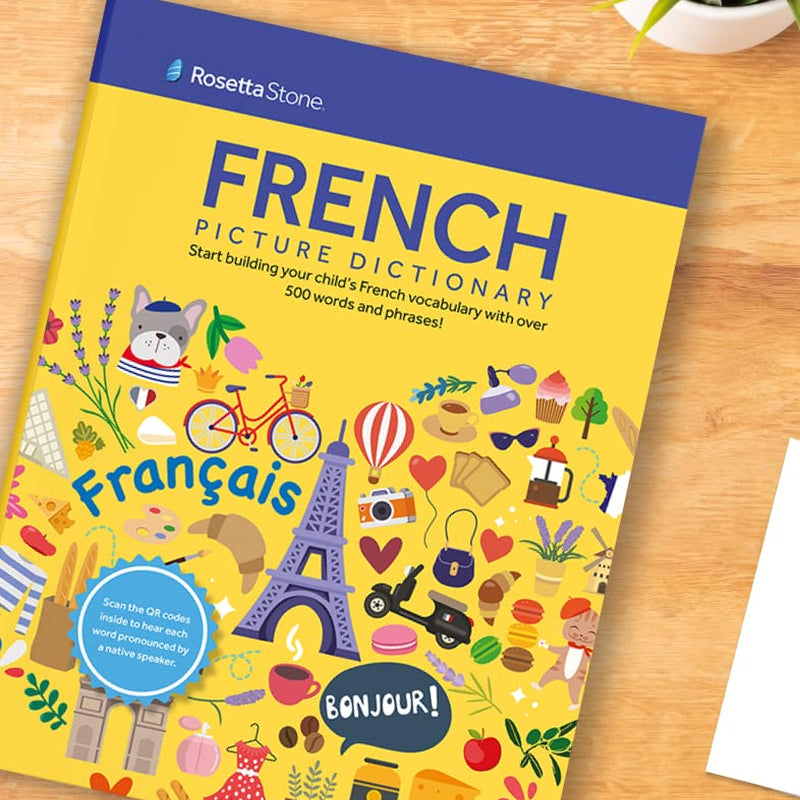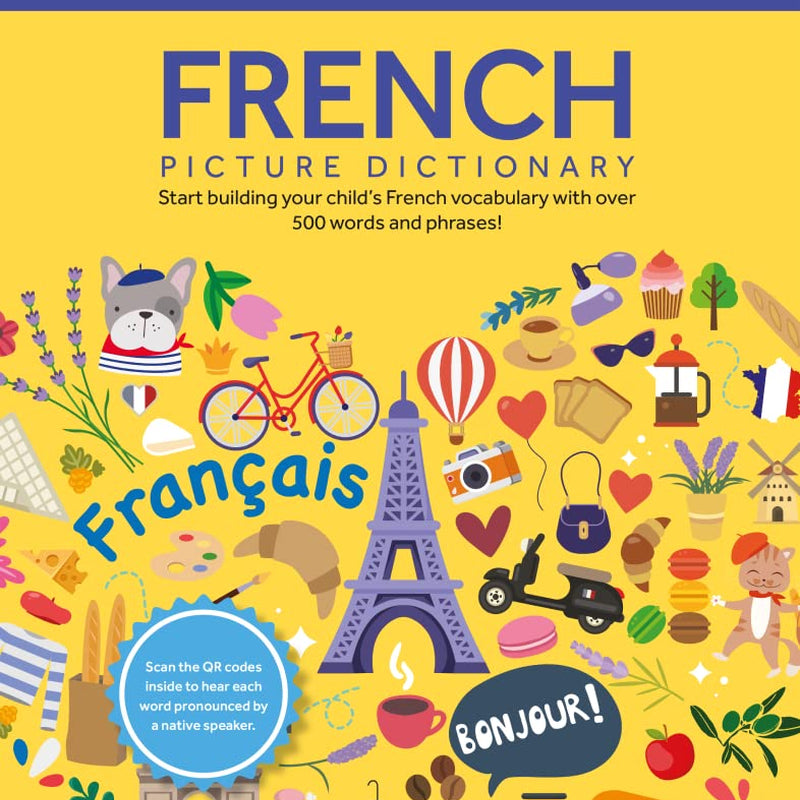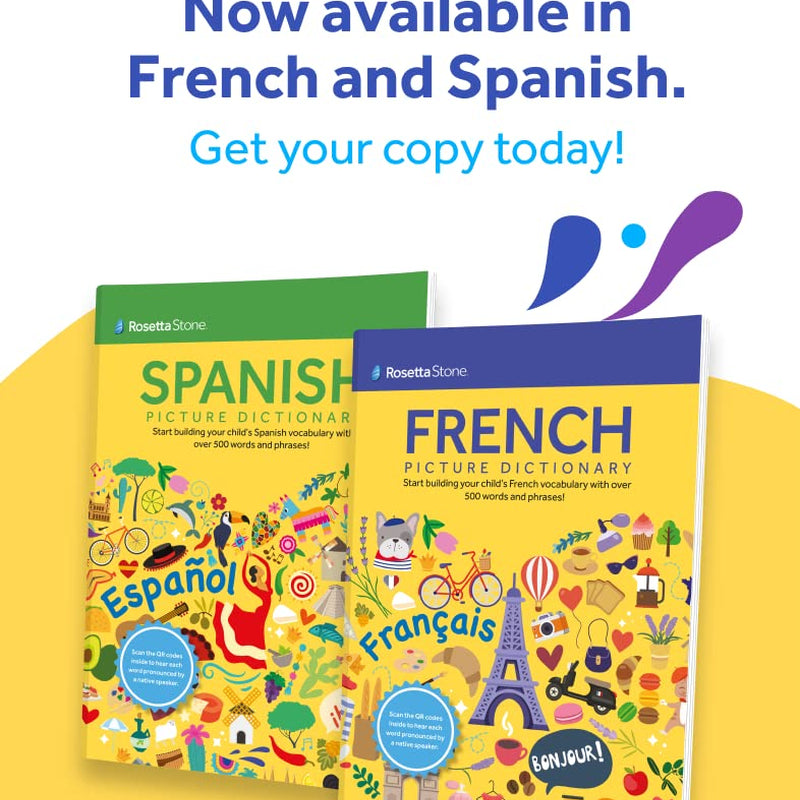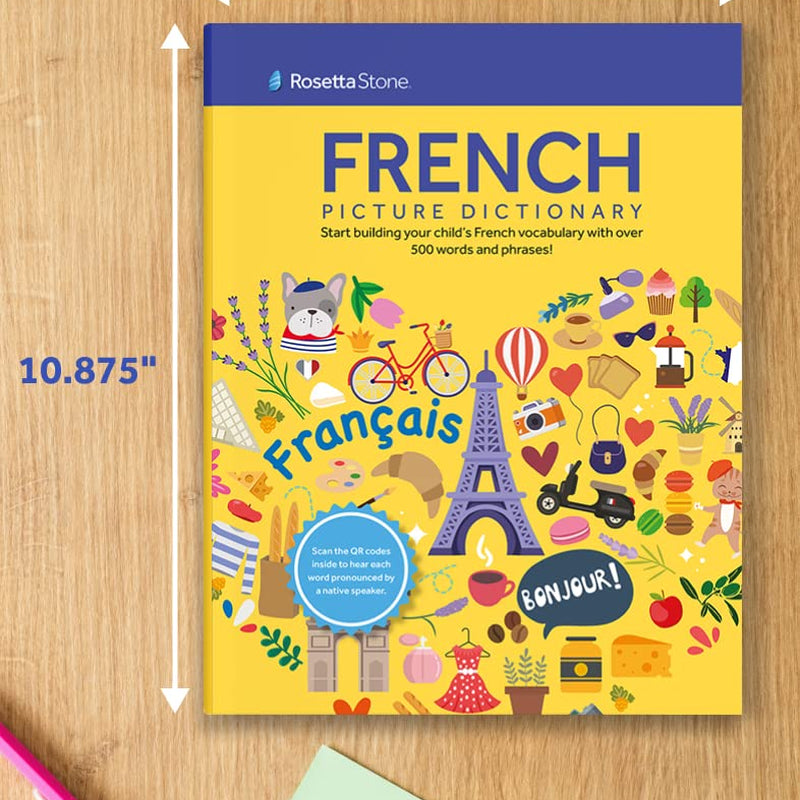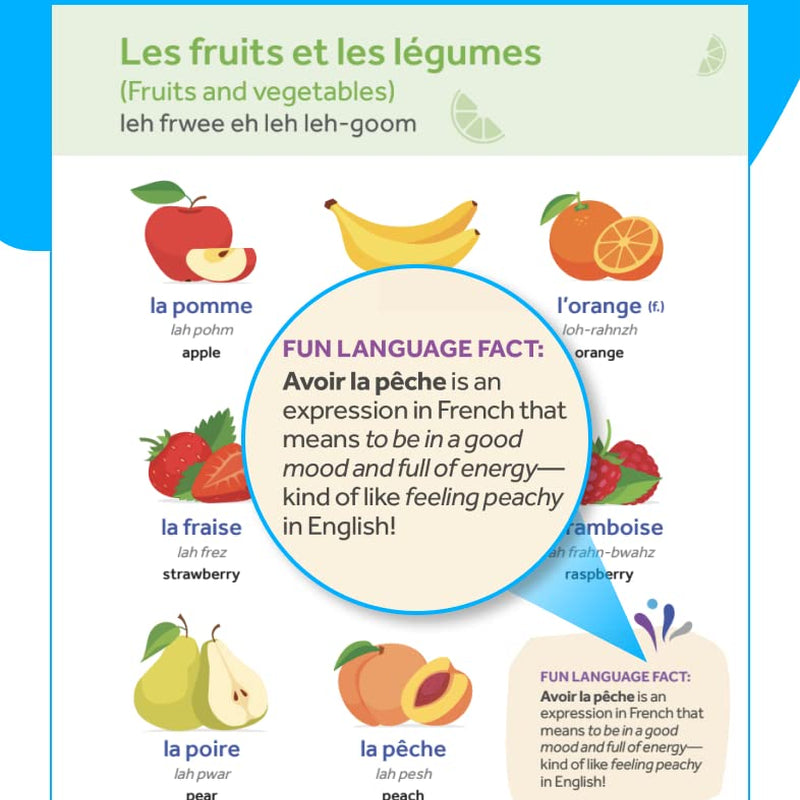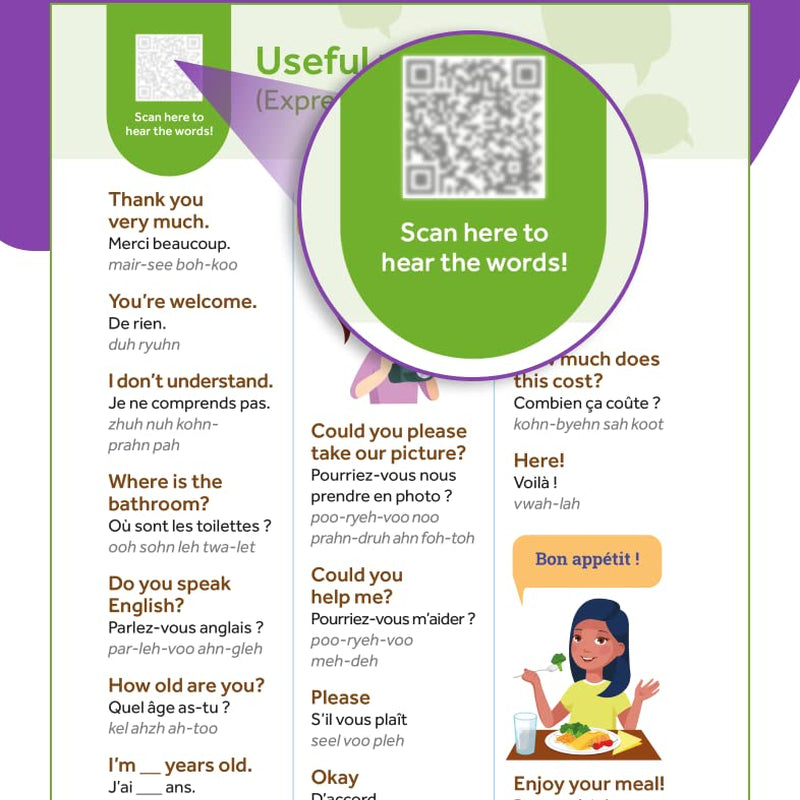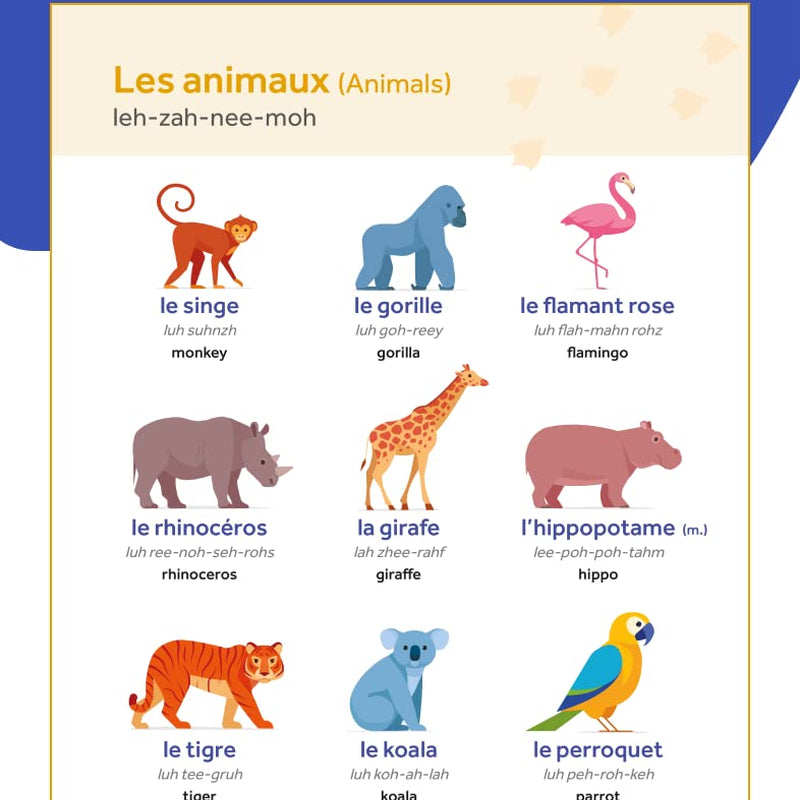Deciding the best age to learn a new language has been a hot topic of discussion for years. While there isn’t a universal answer, many experts agree that early exposure can offer significant advantages. From boosting cognitive development to enhancing academic performance in subjects like math and English, learning a second language at a young age is a powerful investment in a child’s future.

While many traditional schools begin language instruction around fifth grade, the timing may vary based on factors like school policies and state regulations. Yet, as a parent, you have the flexibility to gauge your child's readiness and initiate language learning accordingly.
These links may support our future content (thanks for your click!).
Personally, I believe in the adage "the earlier, the better." Introducing children to a second language from another country at a young age can accelerate their learning and enhance retention. However, it's crucial to recognize and respect your child's level of interest and readiness.
In my own experience, I attempted to introduce my children to a second language in first grade, but they showed little enthusiasm. After a trip to France where they struggled with communication despite the exposure, we decided to take a ten-month break to reassess.
Now, we're gearing up for another attempt, and this time, the whole family is diving into French together. We've opted to use Rosetta Stone, leveraging the comprehensive resources we purchased at a discounted rate two years ago. Rosetta Stone's homeschool version offers a structured curriculum complete with tests, workbooks, games, and progress tracking—ideal for families embarking on a language-learning journey together.
Building a Foundation for Global Citizens
The excitement of learning a new language together as a family has also brought us closer, turning our learning sessions into fun, interactive family time. This approach not only reinforces the language skills but also instills a sense of togetherness as we tackle the challenges of learning French. By incorporating language learning into our daily routines, we hope to maintain a consistent and enjoyable learning experience for everyone.
Moreover, our decision to learn French collectively underscores our commitment to lifelong learning and cultural exploration. This journey is not just about acquiring a new language but also about opening doors to global understanding and opportunities. With each lesson and every new word we learn, we’re slowly but surely building a bridge to new experiences and perspectives.
Embracing the Challenges and Celebrating Progress
As we progress in our language journey, we encounter both challenges and milestones. Adjusting to a new language can be daunting for anyone, especially children. However, celebrating small victories, like mastering a difficult phrase or conducting a short conversation in French, keeps us motivated. These moments remind us that learning a language is a marathon, not a sprint, and every little bit of progress is a step toward fluency.
Linking Language Learning to Broader Developmental Benefits
Research has shown that learning a second language can enhance children's cognitive development, improving their problem-solving skills, creativity, and even empathy. This cognitive flexibility is a crucial skill in our increasingly globalized world. It helps children become not just better language learners but more adaptable and thoughtful individuals.
Final Thoughts and Further Resources
Our journey into the world of French is an ongoing adventure. It’s a commitment to not only language acquisition but also to fostering an environment of curiosity and openness in our family. The benefits of learning a language extend beyond just communication—they enrich our lives by providing a deeper understanding of the world around us.

For families considering this path, there are numerous resources available to support language learning. From online courses like Duolingo and Babbel to immersive apps and children’s books in other languages, the tools at our disposal are both varied and effective.
Exploring the World Through Language
As we continue our language learning journey, we are reminded of the doors that language opens—not just to other countries, but to other ways of thinking and being. It’s a path that we’ve chosen not just for educational benefits but for the promise of a richer, more connected life. So, we encourage other families to consider this rewarding challenge. After all, the best time to start learning a new language is the same as the best time to plant a tree: the sooner, the better.
These links may support our future content (thanks for your click!).
This extension builds on the existing themes, enriches the narrative with more insights into the benefits of learning as a family, and provides a thoughtful conclusion that invites readers to embark on their own language learning journeys.
